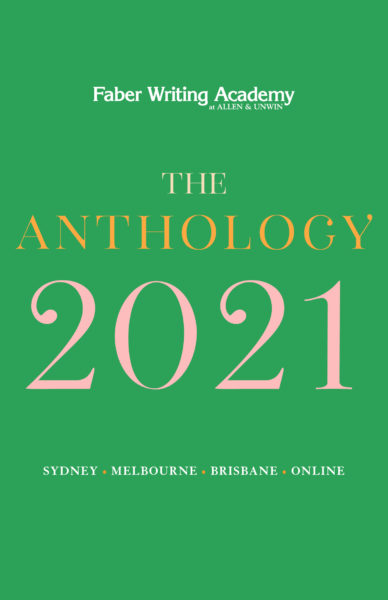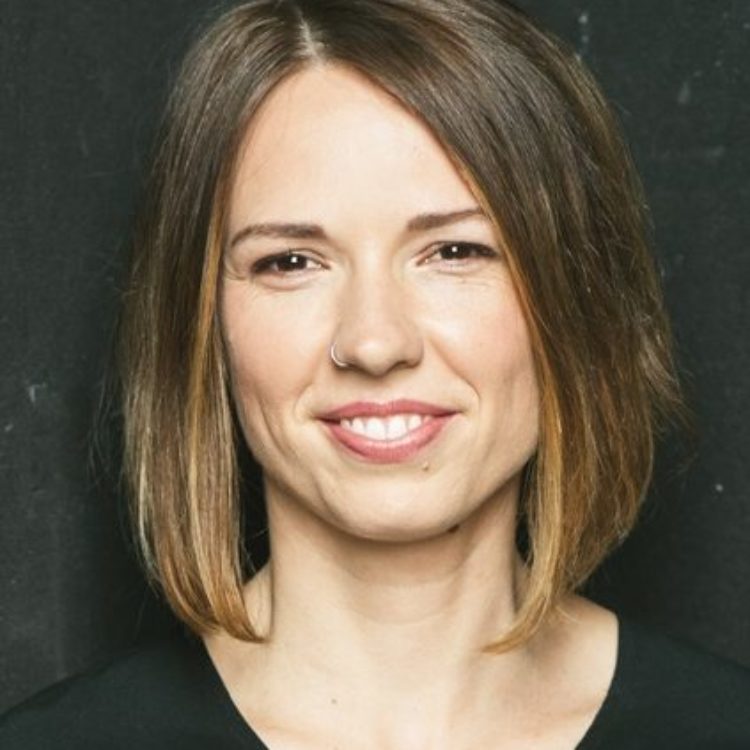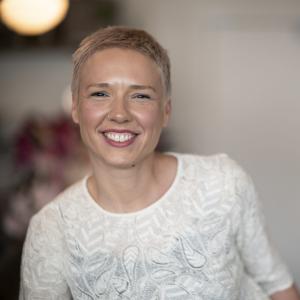Writing a Novel Stage 2 will help you develop the craft and technical skills required to turn a rough draft into a work of art. Using exercises focused on your own work, you’ll finish the course with a deep understanding of the novelist’s craft and how it applies to your own novel. These are lessons you can carry with you throughout your writing life.
In addition to dedicated course work, students who complete both stages of Writing a Novel will be invited submit to the Faber Writing Anthology, a professionally edited and printed showcase of student work, sent out to leading literary agents and publishers in both Australia and the United Kingdom.
In Writing a Novel Stage 2, you will take part in the ‘Anthology Assembly’. You will meet with the literary editor who works on the anthology, and have the chance to see an extract of your novel professionally edited.
Based inside Australia’s leading independent publishing house, this course gives you invaluable access to the literary community and practical industry connections. This is a skills-based program specifically designed to help you find the focus you need to stay the distance and finish your manuscript draft.
For three months, your course directors will provide you with:
• Regular classes with dedicated guidance from your experienced Course Director, as well as guest tutors drawn from a community of highly respected authors.
• The chance to continue to workshop your novel-in-progress in a supportive small-group setting with limited participant numbers. The connections made during this course will support and foster your work for years to come.
• The opportunity to establish important industry connections with key insiders from the Australian publishing industry. There is no better way to get on the road to publication than to meet the people who make it happen.
• A two-part editorial bootcamp – the Anthology Assembly – where you will meet the editor who will work on the Faber Writing Anthology and receive a professional copy-edit on the work you intend to submit.
Please note that students completing Writing a Novel Stage 1 will have first preference for places in Writing a Novel Stage 2. Places for new students can only be offered if an existing student chooses to discontinue. We will advise new applicants of the availability of places as soon as possible.

Graduates who complete Writing a Novel Stage 1 & 2 will have the opportunity to be published in the annual Faber Writing Anthology.
The Faber Writing Anthology is distributed to publishers and literary agents across Australia and the United Kingdom.





